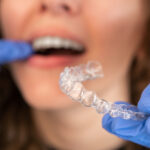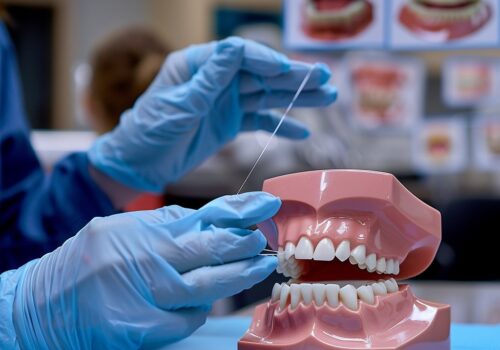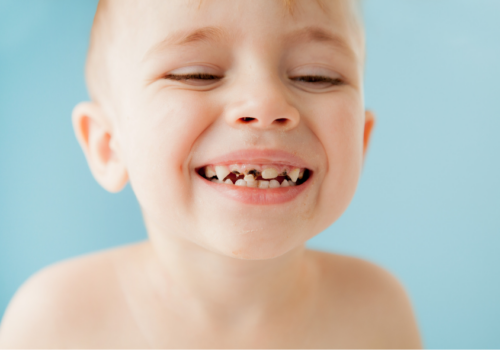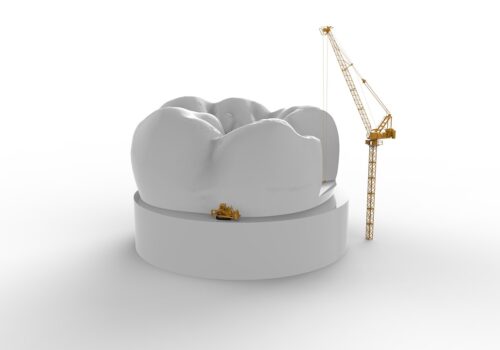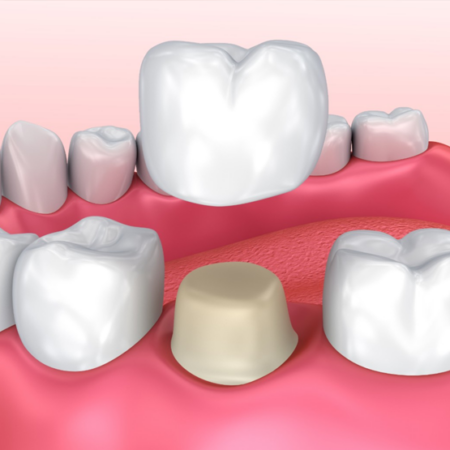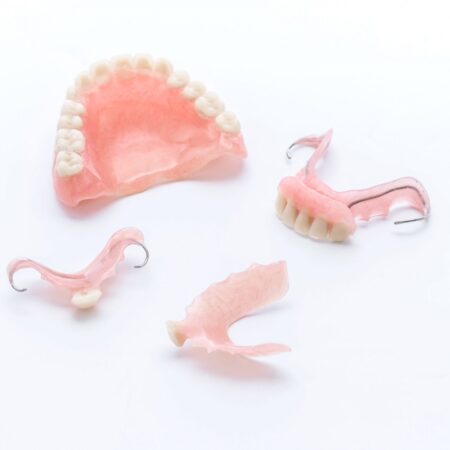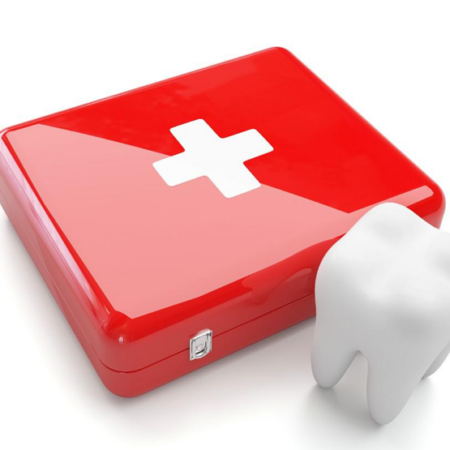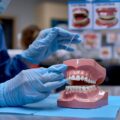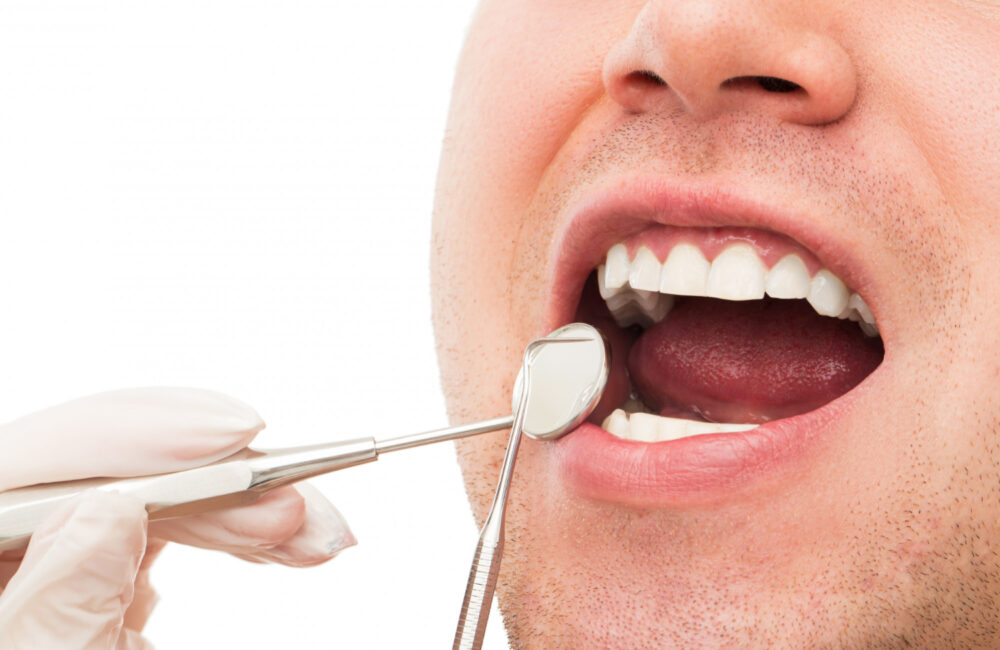
Having dental bonding can be stressful. It is common for patients to forget some of their questions during a dentist’s office visit. You may also think of other questions after your appointment. Contact your dentist with concerns and questions before dental bonding and between appointments. It is also a good idea to bring a list of questions to your appointment. FAQs can include:
What can I expect after my dental bonding?
This is one of the most important FAQs that should be asked. knowing what to expect after dental bonding can help you get back to your everyday life as soon as possible.
How will I feel after the dental bonding?
You should not have any pain after your dental bonding. Tell your dentist right away if you have pain if the treated tooth feels sharp or if your bite is uncomfortable. Your dentist will adjust the bonding material to ensure it is comfortable.
Your mouth, gums, and tongue may feel numb for a few hours after your dental bonding if you receive local anesthetic. This is because the local anesthetic will take time to wear off. You may have difficulty talking, chewing, and drinking until the anesthetic wears off. You may also experience prickliness in the area as the feeling returns.
When can I go home?
You will probably go home and resume your normal activities immediately after dental bonding. If you receive an anesthetic, your dentist may instruct you not to eat or drink until your anesthetic has worn off and you can feel your mouth and tongue again. This will help prevent you from accidentally biting and injuring your mouth or tongue.
When should I call my dentist?
You should keep your follow-up appointments after the dental bonding procedure. Call your dentist if you have any concerns between appointments. Call your dentist if you have:
- Bleeding
- Fever
- Pain in your gums or teeth
- Problems biting or chewing
- Sharp edges on the bonded tooth
- Seek immediate medical care if you have itching, hives, mouth or tongue swelling, or breathing problems, such as shortness of breath, difficulty breathing, labored breathing, or wheezing. This may be due to a rare reaction to anesthetic if one was used.
How might a dental bonding procedure affect my everyday life?
Dental bonding will enhance the appearance of your tooth and your smile. Bonded teeth experience wear and tear and may need replacement or repair within three to ten years.
You will also need to continue regular oral hygiene practices, including brushing twice a day and flossing once a day. Visit your dentist for regular cleanings and checkups every year or as recommended to ensure that your dental bond is intact and working well.
Related / Dental Bonding vs. Veneers: Which Is Right for You?



